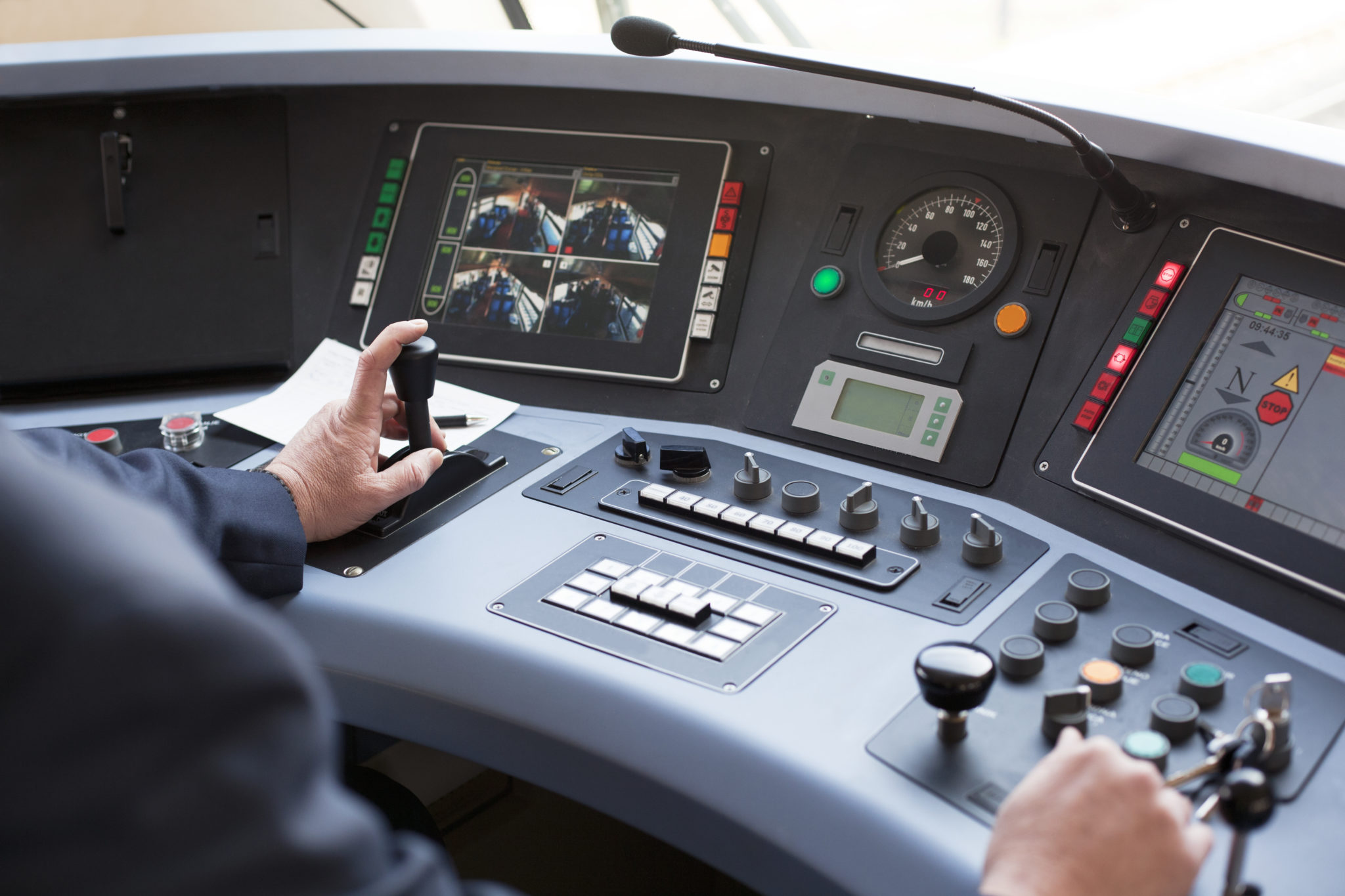
The aviation industry has not remained untouched by the transformative potential of artificial intelligence. AI is playing an increasingly significant role in aviation, from enhancing flight safety to optimizing airport operations. In this article, we’ll explore how AI is utilized in airplanes and airports, the benefits it brings to the aviation sector, and whether pilots rely on AI assistance.
Is Artificial Intelligence Used in Airplanes?
Artificial intelligence is integrated into modern airplanes. AI is instrumental in various aspects of flight operations, primarily for enhancing safety and efficiency. One prominent application of AI in aviation is the use of autopilot systems, which can autonomously control an aircraft’s flight path, speed, and altitude. These systems utilize AI algorithms to assist pilots and ensure smoother flights, especially during long-haul journeys.
How is AI Used in the Airport?
AI has found its way into airport operations, transforming the way airports handle passenger services, security, and logistics. Some notable uses of AI in airports include:
- Facial Recognition: AI-powered facial recognition technology is used for seamless passenger identification, speeding up check-in and security processes.
- Baggage Handling: AI algorithms are employed to track and manage baggage, reducing the likelihood of mishandling or lost luggage.
- Predictive Maintenance: AI systems monitor airport infrastructure, such as runways and terminals, to predict maintenance needs, ensuring operational reliability.
- Customized Services: AI-driven chatbots and kiosks provide travelers with real-time information, assistance, and personalized services.
The Benefits of AI in Aviation
The integration of AI in the aviation industry offers several key benefits:
- Improved Safety: AI enhances flight safety through predictive maintenance, weather analysis, and real-time risk assessment, reducing the likelihood of accidents.
- Efficiency: AI optimizes flight routes, reducing fuel consumption and operational costs, making air travel more eco-friendly and cost-effective.
- Enhanced Passenger Experience: AI enables personalized services, streamlined check-in procedures, and faster security checks, enhancing the overall passenger experience.
- Data Analysis: AI algorithms analyze vast datasets to provide valuable insights for airlines and airports, aiding in decision-making and business optimization.
Do Pilots Use AI?
Pilots do use AI as a valuable tool, but they are not replaced by it. AI systems assist pilots by providing data-driven insights, automating certain tasks, and enhancing decision-making processes. For instance, AI can help in route planning, weather analysis, and traffic management. However, pilots remain in control of the aircraft and are responsible for crucial decisions, especially during take-off, landing, and emergency situations.
Artificial intelligence has become an integral part of the aviation industry, contributing to safer and more efficient air travel. From enhancing the passenger experience at airports to assisting pilots in making informed decisions, AI continues to shape the future of aviation, promising further advancements in safety, sustainability, and operational excellence.


